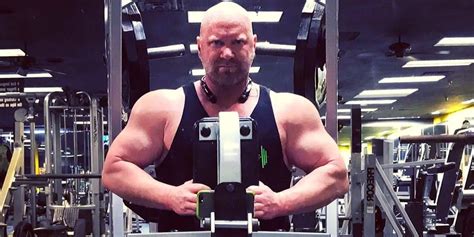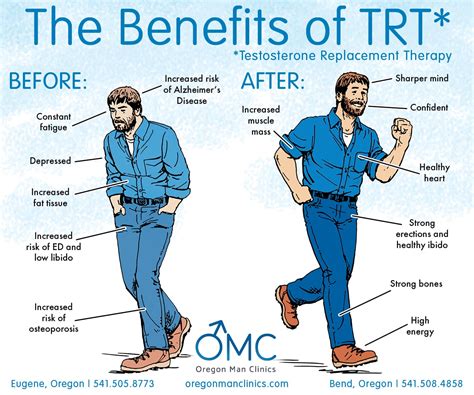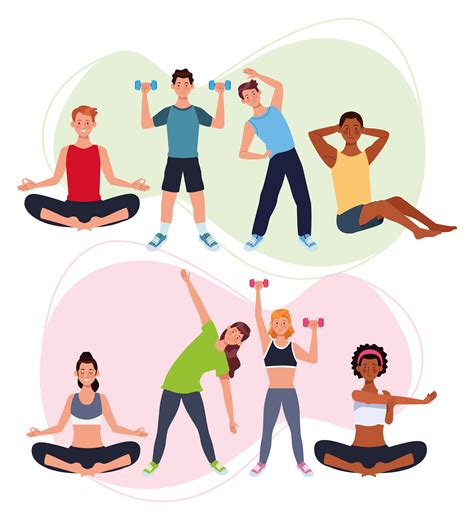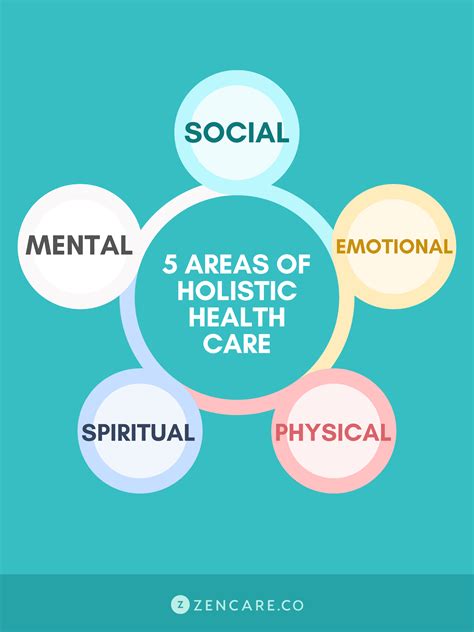How can diet & exercise naturally boost testosterone for peak male performance?

Testosterone, the primary male sex hormone, plays a crucial role not just in libido and muscle mass, but also in energy levels, mood, bone density, and overall well-being. While synthetic solutions exist, many men seek natural ways to optimize their testosterone levels for peak performance. The good news? Your plate and your workout routine hold significant power. By strategically adjusting your diet and exercise habits, you can naturally encourage your body to produce more testosterone, unlocking a cascade of health benefits.
The Power of Diet: Fueling Testosterone Production
What you eat directly impacts your body’s ability to produce hormones. Certain nutrients are vital for testosterone synthesis. Prioritizing these can make a substantial difference.
Essential Nutrients and Foods:
- Zinc: This mineral is critical for testosterone production. Foods rich in zinc include oysters (often hailed as an aphrodisiac for good reason!), red meat, poultry, beans, and nuts.
- Vitamin D: Often called the “sunshine vitamin,” Vitamin D acts more like a hormone in the body and is strongly linked to testosterone levels. Get it from sun exposure, fatty fish like salmon and tuna, fortified milk, and egg yolks.
- Healthy Fats: Don’t fear fats! Monounsaturated fats (avocados, olive oil, nuts) and Omega-3 fatty acids (fatty fish, flaxseeds, chia seeds) are crucial for hormone production. Saturated fats in moderation from quality sources can also be beneficial.
- Magnesium: Found in leafy greens, nuts, seeds, and whole grains, magnesium can increase free and total testosterone levels.
- Cruciferous Vegetables: Broccoli, cauliflower, and cabbage contain compounds that help your body metabolize estrogen, ensuring a healthier testosterone-to-estrogen balance.

Foods to Limit or Avoid:
Just as important as what you eat is what you avoid. Excessive consumption of highly processed foods, sugary drinks, and unhealthy trans fats can negatively impact hormonal balance and contribute to weight gain, which is often linked to lower testosterone.
Exercise for Hormonal Harmony: Beyond Muscle Growth
Physical activity isn’t just for building brawn; it’s a potent testosterone booster. Certain types of exercise are particularly effective.
Strength Training is King:
Lifting weights, especially compound movements that engage multiple muscle groups (e.g., squats, deadlifts, bench presses, overhead presses), has been shown to significantly increase testosterone levels. Aim for heavy lifts with moderate repetitions and ensure progressive overload.

High-Intensity Interval Training (HIIT):
Short bursts of intense exercise followed by brief recovery periods can also be highly effective. This type of training not only boosts testosterone but also helps reduce body fat, which can indirectly improve hormone levels.
The Danger of Overtraining:
While exercise is beneficial, too much can be detrimental. Chronic, excessive endurance training without adequate recovery can actually suppress testosterone and elevate cortisol (the stress hormone). Listen to your body and prioritize recovery.

Lifestyle Factors: The Supporting Cast
Diet and exercise are foundational, but other lifestyle elements play a critical role in maintaining optimal testosterone levels.
Prioritize Quality Sleep:
Sleep deprivation is a known testosterone killer. Aim for 7-9 hours of high-quality sleep per night. During deep sleep cycles, your body produces the majority of its hormones, including testosterone. Establish a consistent sleep schedule and create a conducive sleep environment.

Manage Stress:
Chronic stress leads to elevated cortisol levels, which can directly suppress testosterone production. Incorporate stress-reduction techniques into your daily routine, such as meditation, yoga, deep breathing exercises, spending time in nature, or engaging in hobbies you enjoy.
Maintain a Healthy Weight:
Obesity, particularly abdominal fat, is strongly associated with lower testosterone. Adipose tissue contains an enzyme called aromatase, which converts testosterone into estrogen. Losing excess weight through diet and exercise can significantly improve testosterone levels.
Putting It All Together: A Holistic Approach
Boosting testosterone naturally is not about a single magic pill or a quick fix; it’s about adopting a consistent, holistic lifestyle. Integrate these dietary changes, exercise routines, and lifestyle adjustments into your daily life for sustained results. Remember that individual responses can vary, and consistency is paramount.

Conclusion
Optimizing testosterone levels naturally through diet and exercise is a powerful path to enhanced male performance, vitality, and overall health. By focusing on nutrient-dense foods, incorporating strength training and HIIT, prioritizing sleep, and managing stress, you can empower your body to achieve its hormonal best. This natural approach not only supports testosterone production but also contributes to a healthier, more energetic, and fulfilling life.









